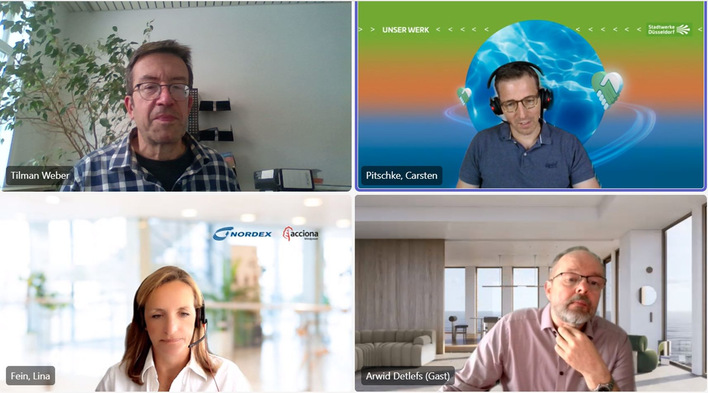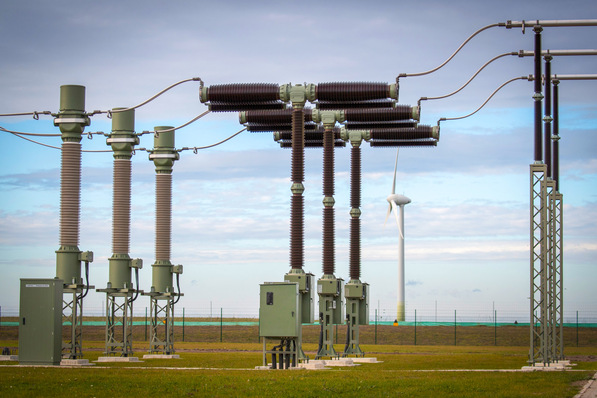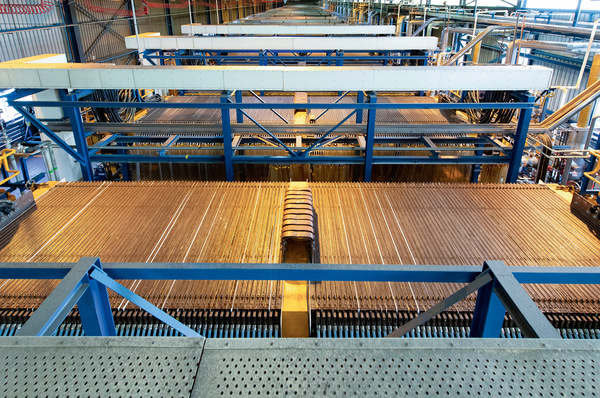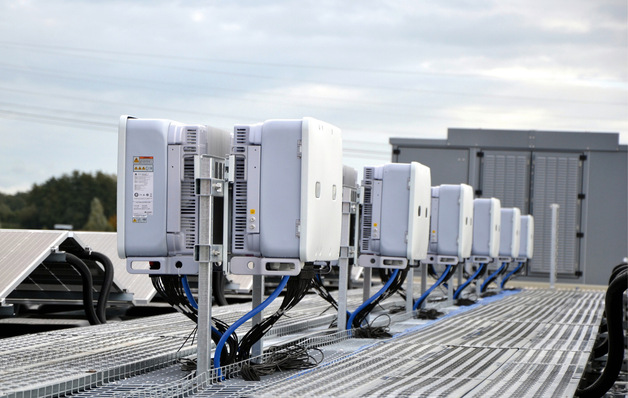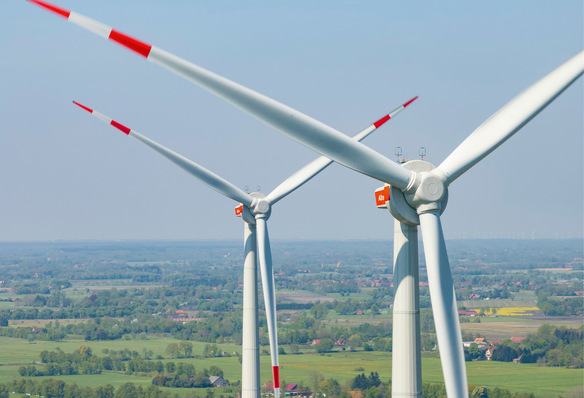The decision merely makes official what was long anticipated – substances such as cadmium, lead, and mercury – cannot be used in normal electronic products sold within the EU, but there are exceptions for specific technologies, including certain types of thin-film panels that use cadmium. The decision basically means that US thin-film manufacturer First Solar, the principal maker of panels containing cadmium, can continue to do business within the EU with its chief product. The six hazardous substances are otherwise banned in "all electrical and electronic equipment" including "cables and spare parts."
The European Council says that energy-saving light bulbs (compact fluorescent lamps) are "temporarily exempted from the directive," whereas "photovoltaic panels to produce energy from solar light do not have to comply with the restriction" without any indication that the rules might change for PV. However, there are plans to expand the band over the next 3 to 6 years to cover monitoring and control devices, medical devices, and industrial control appliances.
Over the past few years, there has been a debate in the EU about whether photovoltaics should continue to be exempted from the ban on hazardous substances (Renewables International reported). The ban was originally proposed in December 2008. The new rules take effect upon the publication in the EU's Official Journal, and member states have 18 months to ratify the act. (cm)

